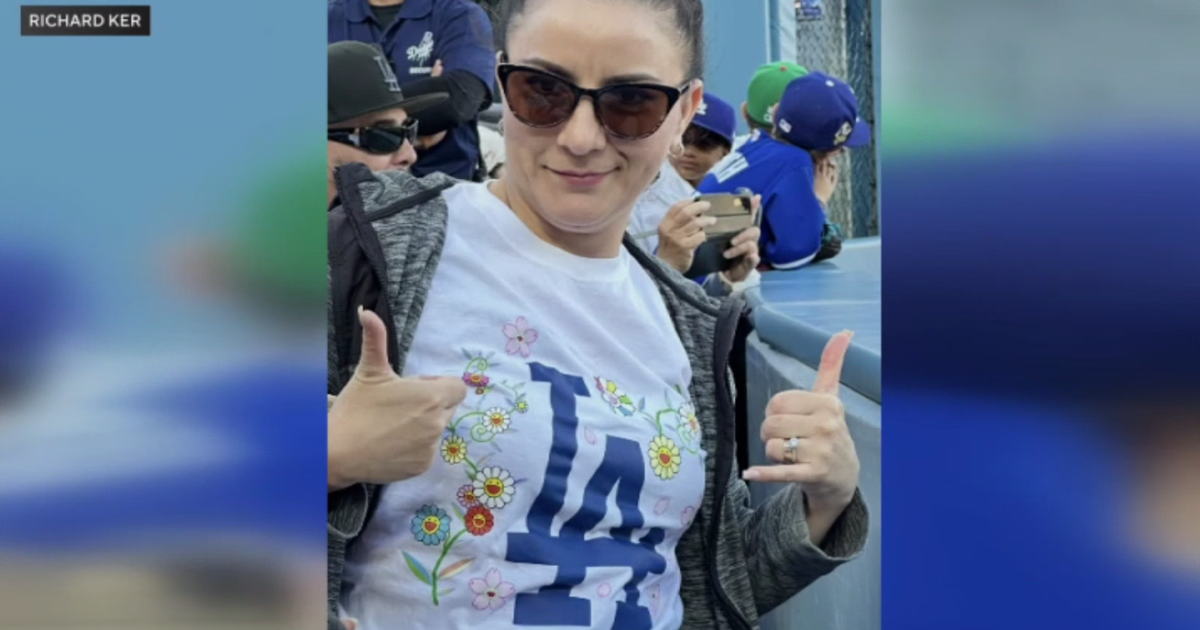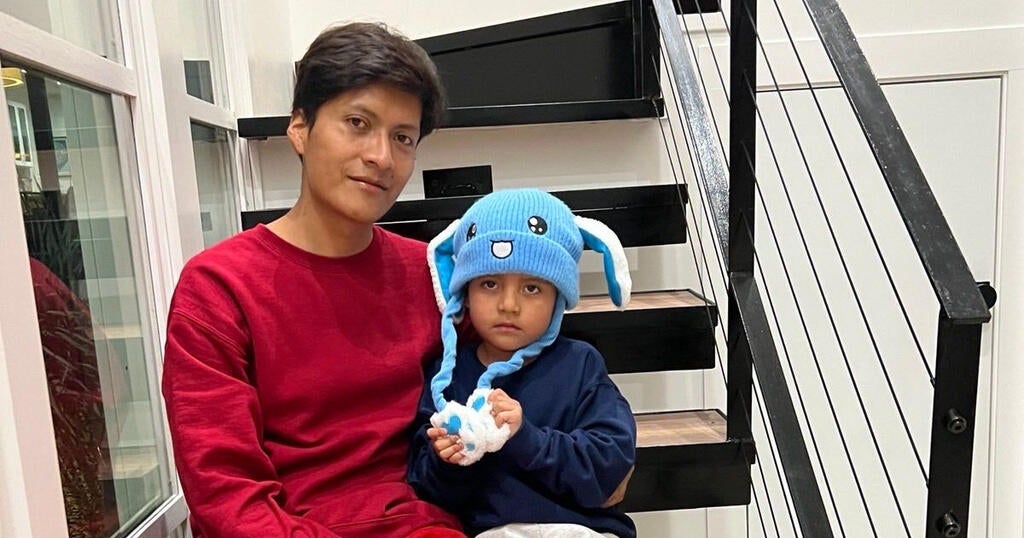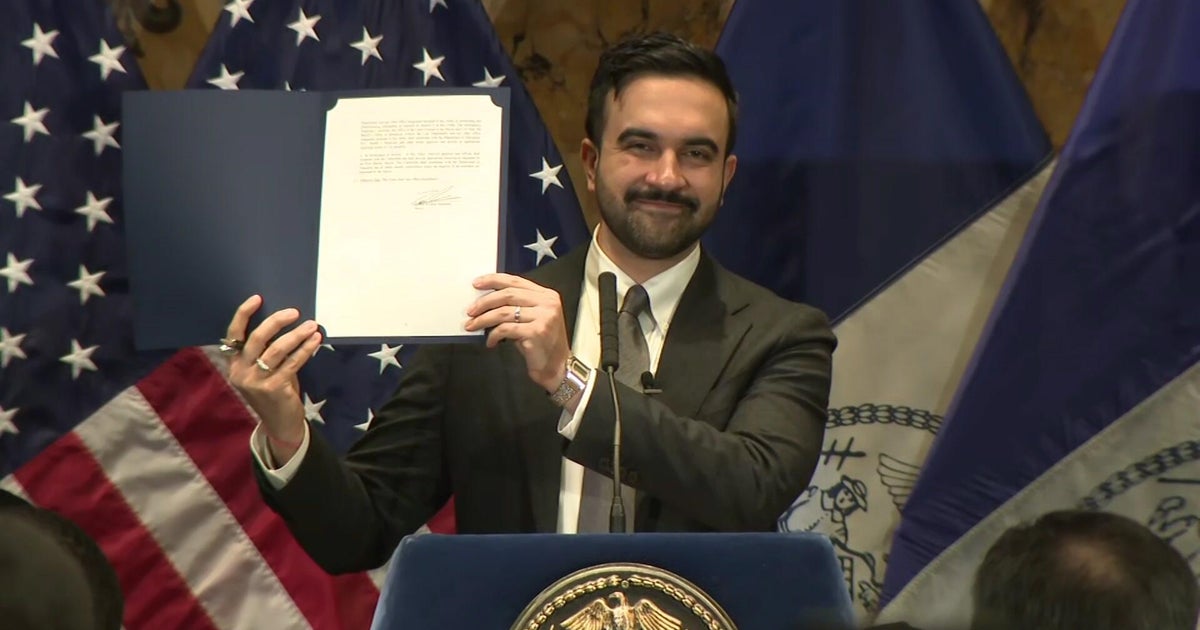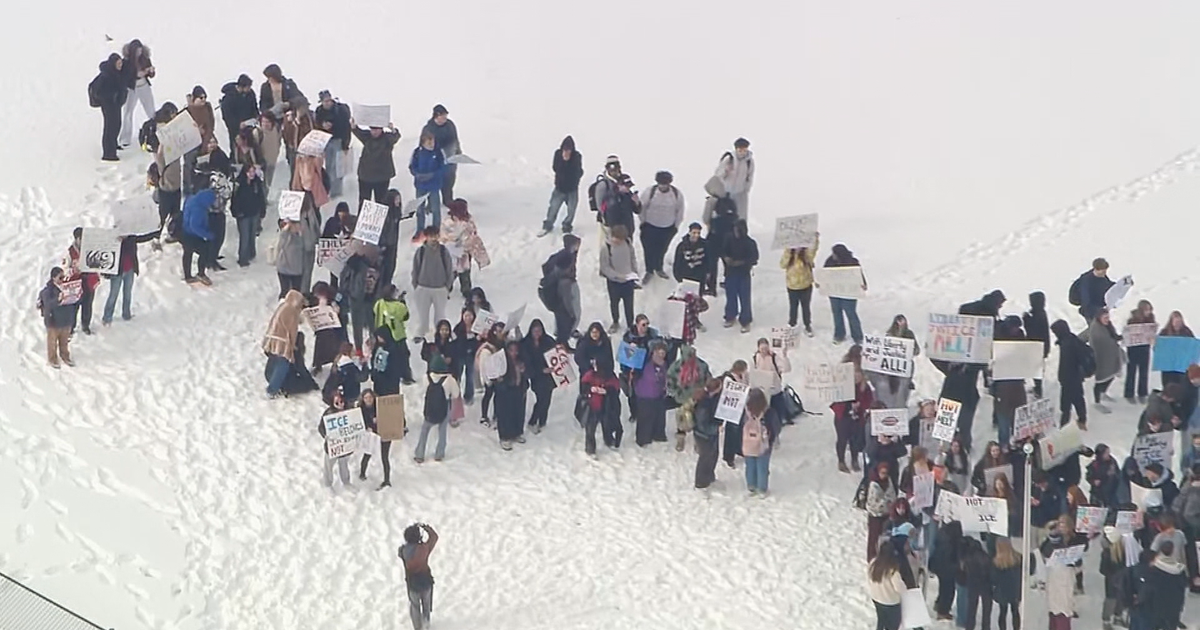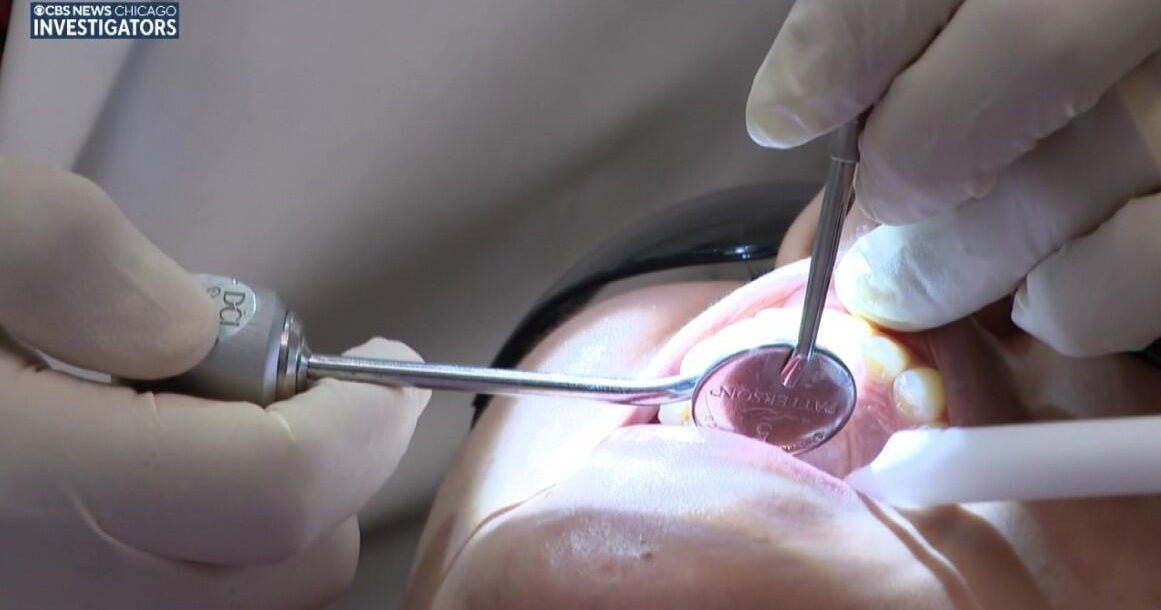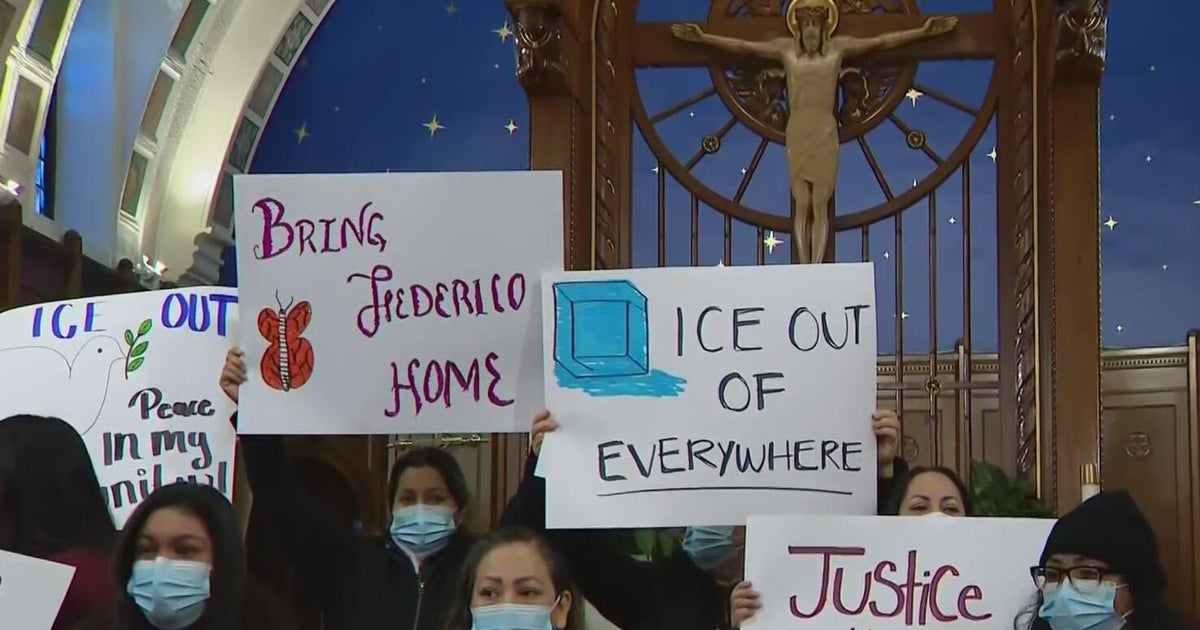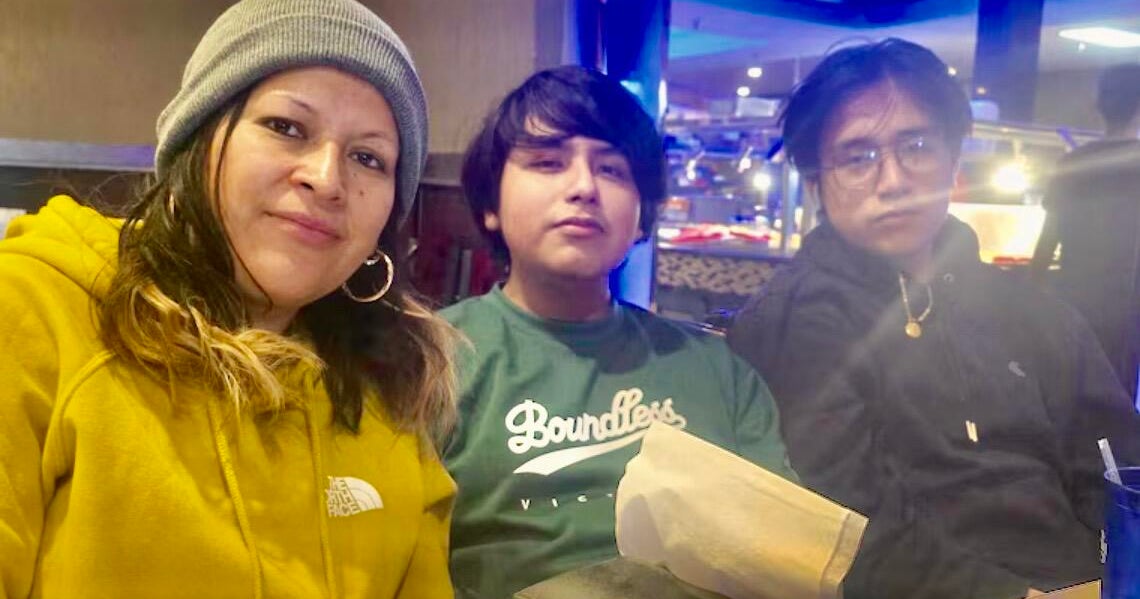UConn Pledges To Protect Immigrant Students
STORRS, C.T. (CBSNewYork/AP) -- The University of Connecticut says it will do all it can to support students who don't have legal immigration status even though it can't become a sanctuary campus.
UConn President Susan Herbst told the university community in an email Tuesday campus police won't question immigration status or detain anyone based on administrative warrants from federal officials.
The university, she said, will continue to admit qualified students regardless of immigration status, give them access to services such as health care and keep their status confidential. She said the university also will push for state legislation that would make more financial aid available to students without legal immigration status.
"UConn will do everything lawfully within our authority to provide an environment in which all students can feel secure as they pursue their education on our campuses," Herbst said.
But she also said the university, as a state institution, must abide by state and federal laws and can't unilaterally declare itself a sanctuary.
University spokesperson Stephanie Reitz says campus police are in line with communities that are considered to be sanctuary cities.
"Our police do not ask people's documentation status when they encounter them either as witnesses or people they are interviewing in the course of investigation," she said.
Out of thousands of students, Reitz estimates fewer than 100 undergraduates are undocumented. She told WCBS 880's Fran Schneidau that the university's policies allow students the freedom to talk to campus police on any level without fear that their immigration status might be in question.
A group of immigrant students, some living in the United States illegally, attended a Board of Trustees meeting Wednesday and called on the university to codify its intent to protect them.
"I think it was a very important step, but an email is not policy," said Eric Cruz Lopez, a junior whose family came to the United States from Mexico when he was 7 years old. "It is important that we have it written as policy of the university that this is how they will act."
Lopez is studying at UConn under the Deferred Action for Childhood Arrivals policy, Democratic President Barack Obama's policy allowing certain students who entered the U.S. as children to apply to be protected from deportation for two years and to obtain work permits and study in the country.
He said his fear is that Republican President-elect Donald Trump will reverse that policy and he won't be able to realize his dream of becoming a high school math teacher.
Reitz said the university's police department this month wrote down the policies, including the decision not to assist U.S. Immigration and Customs Enforcement or other agencies in civil immigration enforcement. She said the university is open to doing something similar with other procedures.
"The email is kind of the first step in that," she said. "That is kind of a quantifying of the different procedures we have in place now."
Herbst said UConn also has pledged to take steps that would help any student who ends up facing deportation.
"These may include assistance in placing the student with a foreign institution, including one of UConn's global partner institutions; guiding them in continuing their studies through distance learning; and expedited readmission if they return to UConn, as appropriate for each individual circumstance and each individual student," she said.
Similar conversations are happening across the country.
The University of Wisconsin at Madison recently said it doesn't have independent authority to declare the campus a sanctuary. But it also said its police can "enforce laws and applicable rules on campus without seeking permission of the university."
College administrators in New Mexico are looking into proposals that would grant immigrant students living in the country illegally state protections while they pursue their studies. And California higher-education officials recently sent a letter to Trump urging him to keep DACA.
Trump has said he will "work something out" to help people who were brought to the United States illegally as children and were granted work visas by Obama.
UConn senior Luna Romani, who wants to become a civil-rights lawyer, said she feels the university has an obligation to protect those who entered the DACA program in good faith.
"I don't want to be afraid," said Romani, whose family moved to Connecticut from Peru when she was 3. "I am not afraid. I want to come out and say, `Yes, I am undocumented, and, yes, I am willing to work with you guys."'
(TM and © Copyright 2016 CBS Radio Inc. and its relevant subsidiaries. CBS RADIO and EYE Logo TM and Copyright 2016 CBS Broadcasting Inc. Used under license. All Rights Reserved. This material may not be published, broadcast, rewritten, or redistributed. The Associated Press contributed to this report.)
